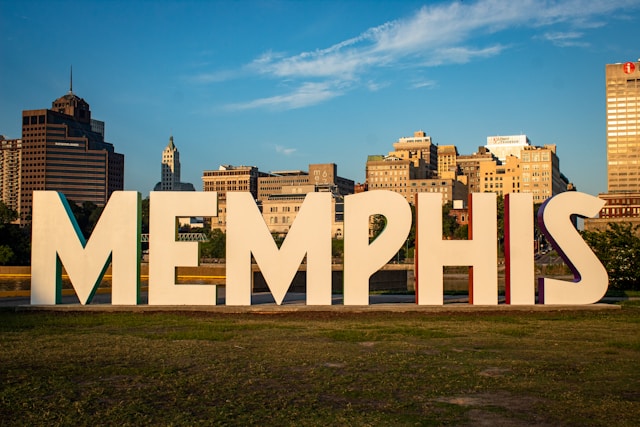Memphis Had a Smog Problem Long Before Elon Came to Town
Share
Explore Our Galleries
Breaking News!
Today's news and culture by Black and other reporters in the Black and mainstream media.
Ways to Support ABHM?
By Willy Blackmore, Word in Black

Memphis has had air-quality problems for years. The city consistently ranks on the annual “asthma capitals” list compiled by the Asthma and Allergy Foundation of America — including 2024’s report, which put it as the 15th “most challenging” place to live with asthma. Shelby County, where Memphis is located, earned an F from the American Lung Association’s most recent State of the Air report, and for the last two years, four out of the five air quality test sites in the city have shown ozone levels above the federal standard.
And all of this was before Colossus, the supercomputer that powers Elon Musk’s xAI chatbot Grok, came to town.
With the supercomputer — which has been running off of up to 35 unpermitted gas-powered generators – now likely the largest source of ozone emissions in the region, local environmental groups are increasingly concerned about runaway pollution.
“There really isn’t anything as egregious as what’s happening in Memphis with the ozone problem,” Southern Environmental Law Center senior attorney Caroline Cress told the local Fox station.
That’s why last week the SELC made a formal request to the Environmental Protection Agency to declare the greater Memphis area a “nonattainment” zone for ozone pollution, which would force local regulators to act.
The SELC petition was filed on June 5 and was done so on behalf of Memphis Community Against Pollution, Young Gifted and Green, and the Sierra Club. According to the filing, local public health officials have “demonstrated a complete lack of commitment to taking timely and meaningful action necessary to ensure that residents of the area are no longer exposed to unhealthy levels of ozone pollution.”
Learn the NAACP’s take on pollution in Memphis.
Discover the American history, including redlining, that contributes to Black communities struggling with pollution.









Comments Are Welcome
Note: We moderate submissions in order to create a space for meaningful dialogue, a space where museum visitors – adults and youth –– can exchange informed, thoughtful, and relevant comments that add value to our exhibits.
Racial slurs, personal attacks, obscenity, profanity, and SHOUTING do not meet the above standard. Such comments are posted in the exhibit Hateful Speech. Commercial promotions, impersonations, and incoherent comments likewise fail to meet our goals, so will not be posted. Submissions longer than 120 words will be shortened.
See our full Comments Policy here.